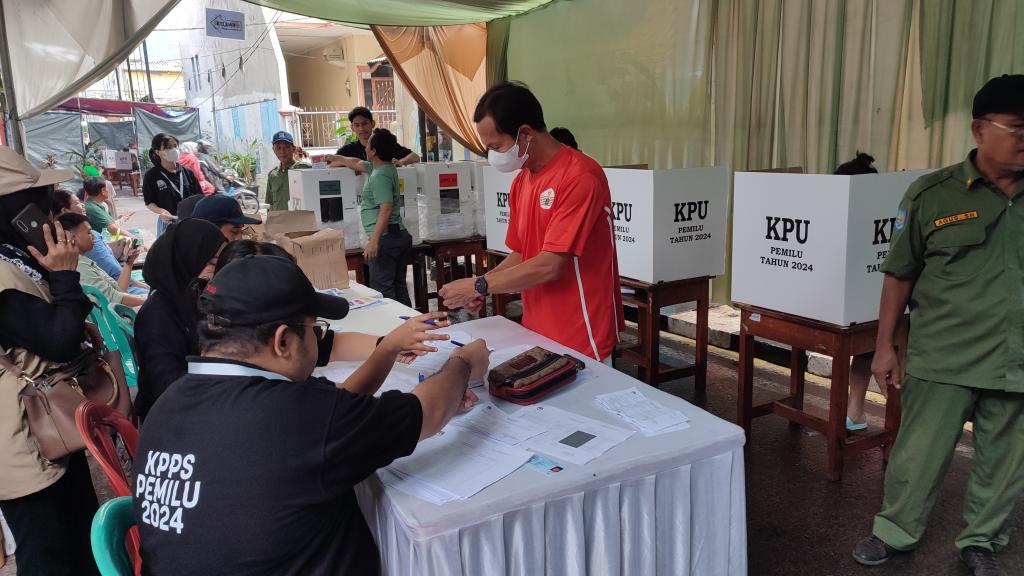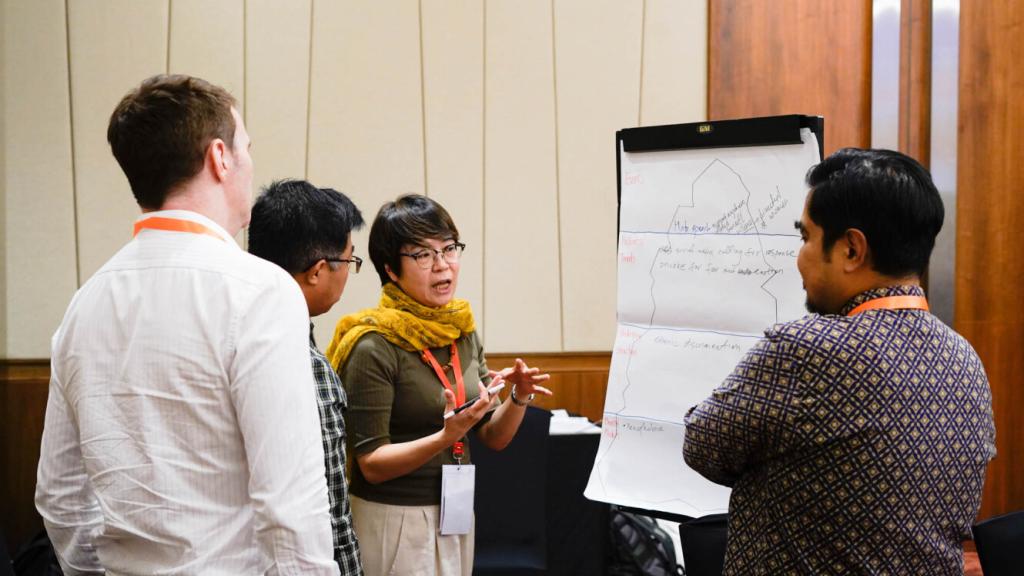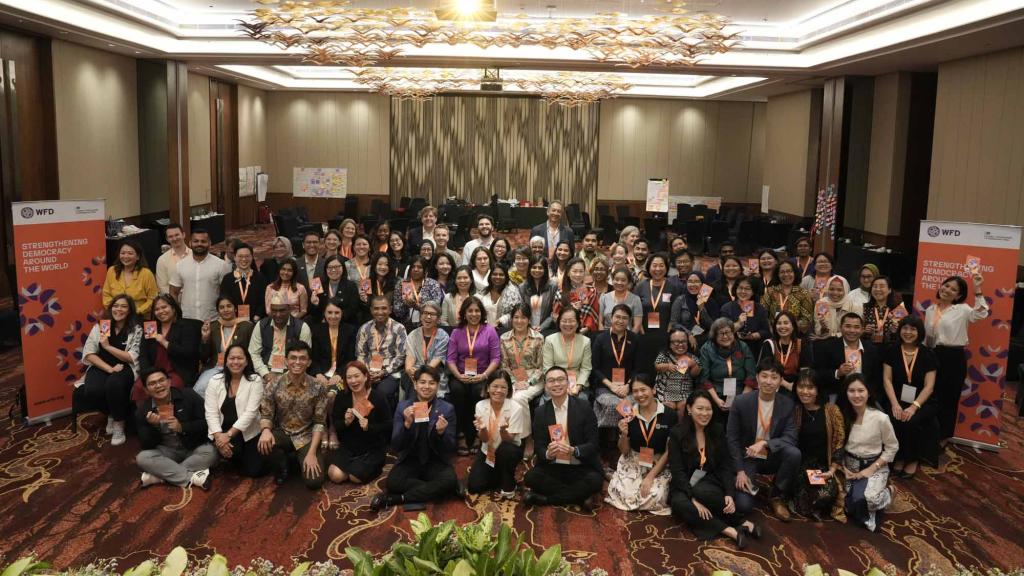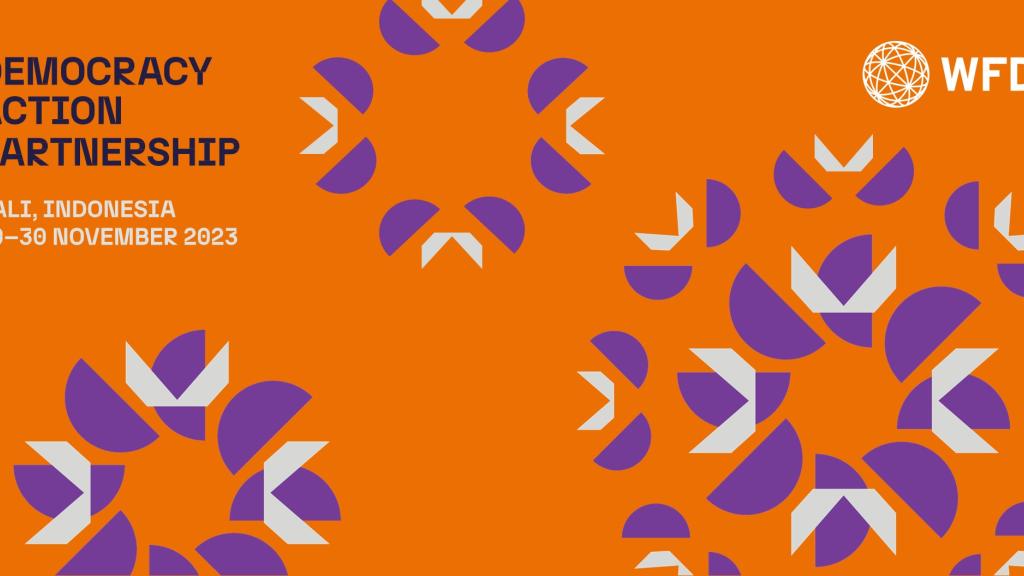Indonesia
Since 2016, WFD has worked with national and subnational legislatures as well as civil society and thought leaders in Indonesia. WFD’s mission in the country has emphasised incorporating human rights principles in both policymaking and its implementation. An important landmark in this effort was the introduction of post-legislative scrutiny mechanism in the Indonesian Parliament, a process which WFD supported extensively.
WFD Indonesia also supports the parliament’s efforts to enhance its transparency and accountability through the Open Parliament initiative. In 2020, WFD’s environmental democracy project began to aid the parliament in responding to growing concerns over environmental sustainability, in line with the country’s green economy commitment. In 2022, WFD Indonesia began implementing a regional project aimed at advancing women’s political leadership alongside other offices in Southeast Asia.
Key areas of work
Current programmes
Addressing barriers to women's political participation in the ASEAN region
Making Indonesia climate action deliver through environmental democracy
Completed programmes
Enhancing information transparency and inclusion through open parliament
Making Indonesia climate action deliver through environmental democracy (Phase I)
Enhancing parliamentary oversight through public accounts scrutiny
Supporting the development of an open parliament road map
In 2020, WFD co-created the second open parliament national action plan with DPR RI and local civil society partners with commitments to improve legislative transparency and information disclosure within the parliament.
Protecting human rights through legislative scrutiny
Supporting the development of open parliament action plans
Key results
Provided legislative scrutiny workshops for over 40 MPs and local council members across four regions, leading to reviews of laws that discriminate against women, the LGBT+, religious minorities, and people with disabilities.
Trained over 50 legal drafters, 40 analysts and researchers, 35 staff members, and 20 auditors from 17 parliamentary secretariat bodies, 15 parliamentary committees, and 6 ministries on financial oversight, public participation, and accountability mechanisms.
Facilitated the engagement of over 70 academic researchers, 60 experts, and 40 civil society leaders in parliamentary processes with over 40% women participants, developing studies on narcotics law reform, introducing legislative scrutiny into law-making mechanism, and co-creating two open parliament national action plans.
Related content
Contact us
United Kingdom





